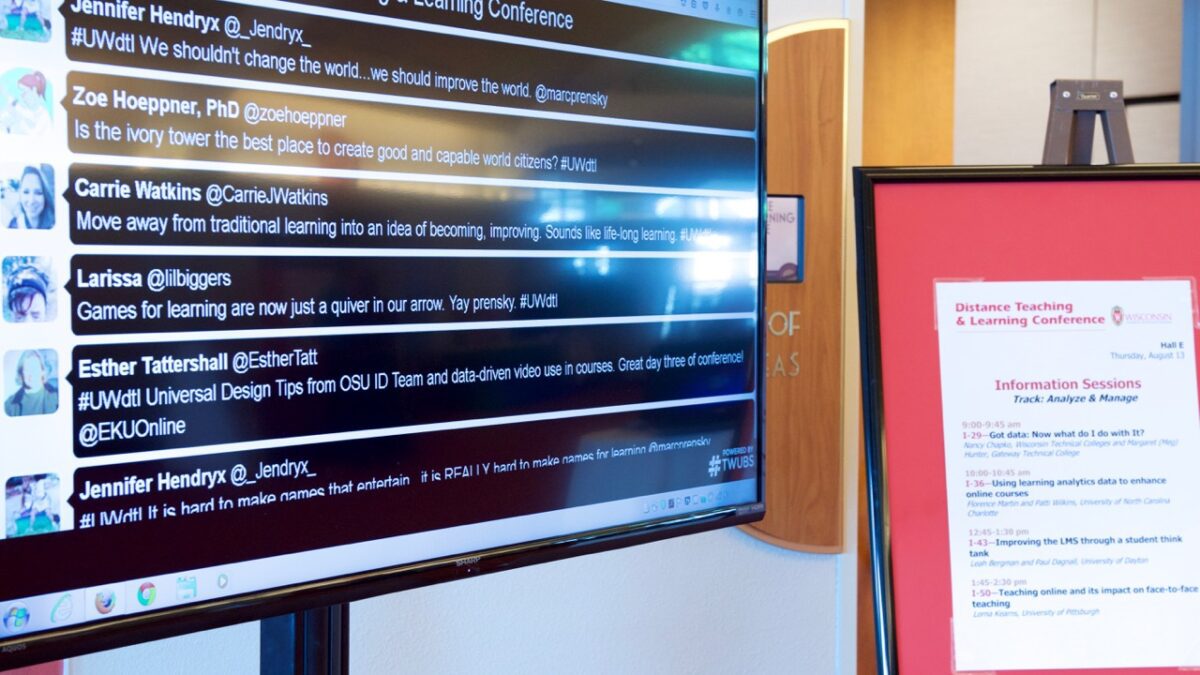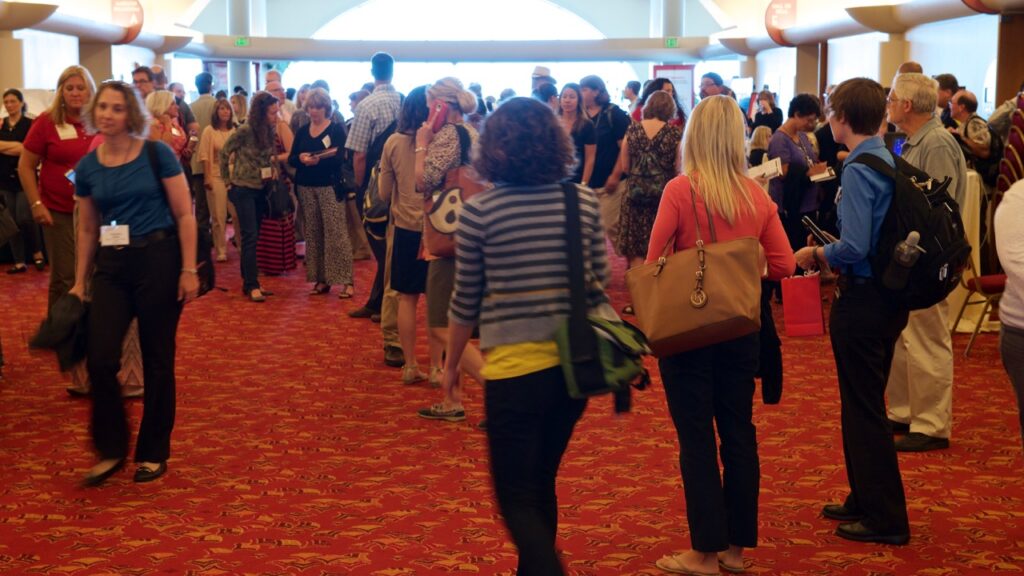
New technology offers tremendous opportunities for education, but it can also create confusion among educators.
“Technology can be disruptive, and a lot of innovative instructional technologies have created a disruption within our traditional system,” Les Howles tells Isthmus in “Teaching from a Distance: How Technology Is Transforming Education.” “It’s forcing us to think about teaching, learning, and learners in new ways.”
Howles is the director of the University of Wisconsin-Madison’s Distance Teaching & Learning Conference, which has helped educators stay on top of emerging technologies for more than 30 years. On Aug. 9-11, hundreds of college faculty and administrators, instructional designers, researchers, K-12 teachers, and corporate and military trainers will explore state-of-the-art teaching practices at Monona Terrace.

Drawing on current research, the conference will delve into virtual reality, multimedia, and other technology-enabled teaching environments. Speakers will discuss new strategies for personalizing courses, much in the way Amazon.com customizes the user experience based on individual preferences.
Jeffrey S. Russell, the dean of UW-Madison Continuing Studies, says current technology can turn students from passive consumers of educational content into active co-creators.
“It’s a really exciting space because it puts the students at the center,” Russell tells Isthmus.
Novel ideas and new frontiers
The Distance Teaching & Learning Conference features 130 sessions, including keynote speeches by national leaders in distance education. Richard Culatta, former director of the Office of Educational Technology for the U.S. Department of Education, will discuss new frontiers in educational technology. Karl Kapp, assistant director at the Institute for Interactive Technologies, will explore novel ideas for learner engagement. Michelle Miller, professor of psychological sciences at Northern Arizona University, will explain how cognitive, brain, and learning sciences can improve online education.
To register for the conference, see here. For more information, contact Les Howles, les.howles@wisc.edu, 608-265-9753.